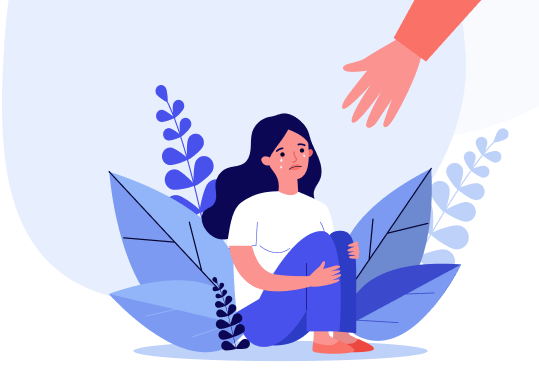
Students' health status is determined by their adaptive reserves during their studies.
Students' adaptation to educational conditions has a phased nature due to a variety of specific (academic) and non-specific (behavioural, everyday, etc.) factors. The process of student adaptation reflects a complex and lengthy learning process and places high demands on the mental plasticity and physiology of young people.
The most active processes of adaptation to the new conditions of student life take place in the first year of study. The adaptation of students living away from their parents (in a dormitory, rented flat) is more difficult.
Students experience the following main difficulties during the adaptation process:
- the negative experiences of former pupils leaving the school community with its mutual help and moral support;
- uncertainty of motivation for choosing a profession, insufficient psychological preparation for it;
- Inability to psychologically self-regulate behaviour and activities, exacerbated by a lack of habitual supervision by teachers on a daily basis;
- Finding the best working and rest mode in the new environment;
- Establishing everyday life and self-care, especially in the transition from home to the dormitory;
- Lack of self-study skills, inability to take notes, work with primary sources, dictionaries, reference books, etc.
Adaptation is a prerequisite for active action and a prerequisite for activity. This is the positive value of adaptation for the successful functioning of an individual in a particular social role.


